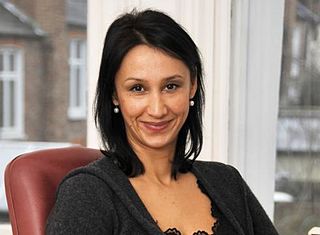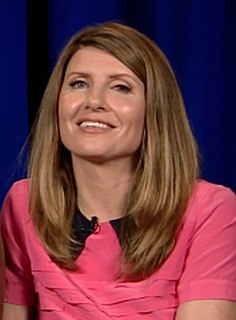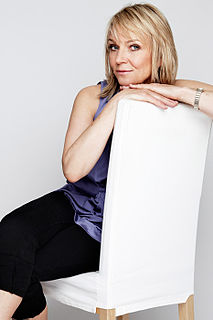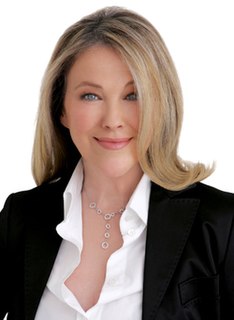A Quote by Zoe Foster Blake
I was writing blogs before work, then I was writing at work, and then I started writing books on the weekend because you just have that sort of energy in your 20s; it's wonderful.
Related Quotes
All of a sudden, when you're exposed to a large audience, they think you just started writing that day, but I started years before. I look back at things I wrote then and I'm so embarrassed - the writing seems so blocky and choppy to me and I wouldn't have wanted success any sooner because the writing was even worse.
When I left university I was sure that I was going to be a painter. Then I had a crisis, a revelation. I saw Dolce Vita and my mind was blown by it, by the synthesis. I realised I wanted to be a filmmaker and started making films. I was writing screenplays and couldn't get money because my work was so uncommercial. I got married and started writing fiction. What was wonderful is that it gave me my freedom because no-one can tell me I can't work. Novels have become equally important to me as films. I consider myself a storyteller and passionately engaged in both of those disciplines.
I started writing because I wanted to write scripts, but I wasn't very good at it. Then I started writing short stories, sort of as treatments for the film scripts, and I found I enjoyed writing short stories far more than I enjoyed writing film scripts. Then the short stories got longer and longer and suddenly, I had novels.
If you have to find devices to coax yourself to stay focused on writing, perhaps you should not be writing what you're writing. And if this lack of motivation is a constant problem, perhaps writing is not your forte. I mean, what is the problem? If writing bores you, that is pretty fatal. If that is not the case, but you find that it is hard going and it just doesn't flow, well, what did you expect? It is work; art is work.
I can work a lot faster when I'm writing a screenplay than when I'm writing a play because, if I'm having a problem with a scene or something, I can just be writing it in a way where there's no dialogue, or find a way to make sound do the work that I want to do or a close-up do the work that I need to do.
After I quit being a lawyer in '95, I was having a lot of trouble writing. Then I read somewhere that Willa Cather read a chapter of the Bible every day before she started work. I thought, 'Okay, I'll try it.' Before each writing session, I started to read the Bible like a writer, thinking about language, character, and themes.
You honor your writing space by recovering, if you are an addict. You honor your writing space by becoming an anxiety expert, a real pro at mindfulness and personal calming. You honor your writing space by affirming that you matter, that your writing life matters, and that your current writing project matters. You honor your writing space by entering it with this mantra: “I am ready to work.” You enter, grow quiet, and vanish into your writing.
I've been writing for a long time, since the late '60s. But it hasn't been in the same form. I used to write scripts for television. I wrote for my comedy act. Then I wrote screenplays, and then I started writing New Yorker essays, and then I started writing plays. I didn't start writing prose, really, until the New Yorker essays, but they were comic. I didn't start writing prose, really, until the '90s. In my head, there was a link between everything. One thing led to another.


































